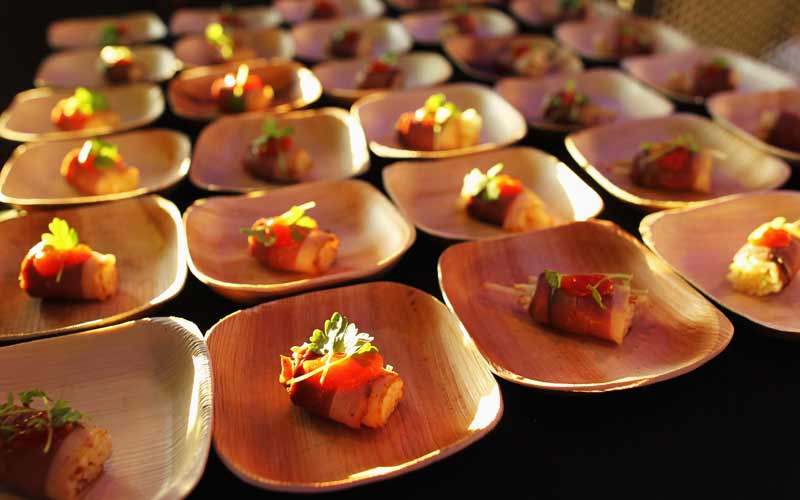 Selecting the menu for your event can sometimes be quite a nightmare, but it is one that deserves a fair amount of consideration and effort.
Selecting the menu for your event can sometimes be quite a nightmare, but it is one that deserves a fair amount of consideration and effort.
Family functions can be a bit more straightforward than catering for events where you don’t know all the guests, or their dietary requirements.
These days people have a variety of eating preferences and allergies, not to mention religious dietary requirements, how do you work with these?
When selecting from a variety of options, say from a hotel menu for example, where you select your starter, main and dessert, work along the following lines – choose the main course first. Red meat can be very heavy, depending on what it is served with. I usually choose a chicken dish, as fish can also be tricky by the fact that some people have allergies. Make sure that the dish is served with a healthy starch and vegetables – stay away from very heavy sauces or alcohol in the dish.
Once you have the main course locked down, then you can select your starter and dessert. For starters I usually try something light and healthy – so for example a mozzarella salad, or a Carpaccio (you can choose red meat here as Carpaccio is light and you can always just serve the salad with a cheese for example, if someone doesn’t eat red meat)
Dessert should also be light, you don’t want your guests to be falling asleep after a huge big meal, incorporate fruits and something light like a crème fraiche or a light sorbet.
Try to stick to dishes that you know – if you are unsure, do your research, or ask someone you know who eats out often at good restaurants. You don’t want to choose a dead boring menu, but you want to make sure its food that your guests will eat, and that they know. Serving sushi to your eighty five year old grandparents may not go down that well, no matter how trendy it is.
Allergies can generally be worked around. Often you will find people are allergic to fish, or gluten – if there are any of these ingredients on the menu, a separate dish can be prepared by the chef, working around what has been catered for the rest of the guests.
Religious dietary requirements like Halaal and Kosher need to be ordered in advance. As the meals need to be prepared by authentic chefs, they are often prepared off site by a catering company, delivered to the venue, covered, with a certification label placed on the meal. The meals may be heated up by the venue, but are served with the covering still on the dish – this denotes that the food has not been touched by anyone else. The guest will remove their own dish covering.
Keep it basic, but palatable, cater to as wide a taste as possible. Steer clear of rich sauces and heavy, carbohydrate laden meals, and keep food light in the heat of summer, while a more substantial menu would be more likely suited to winter climates.




